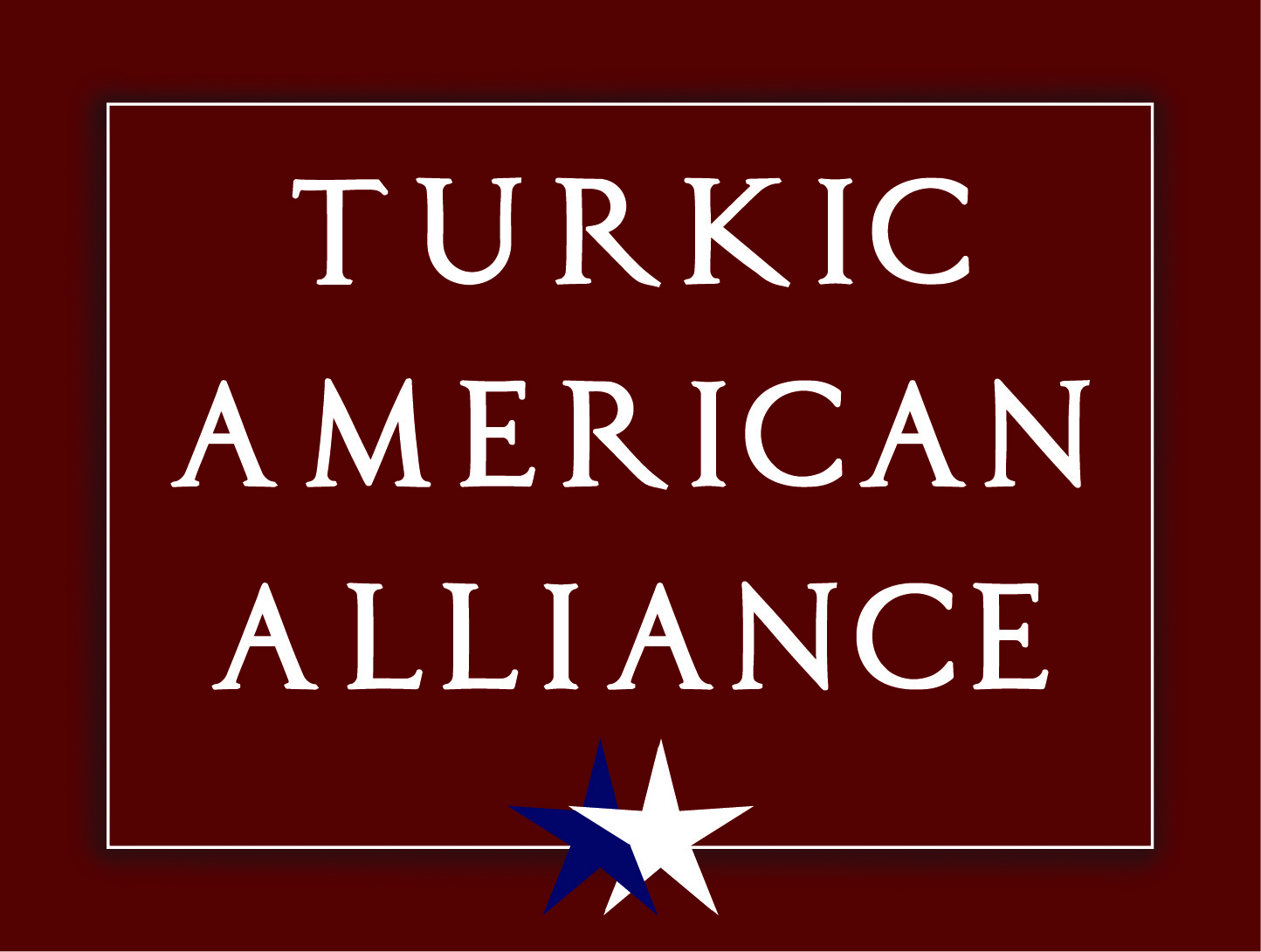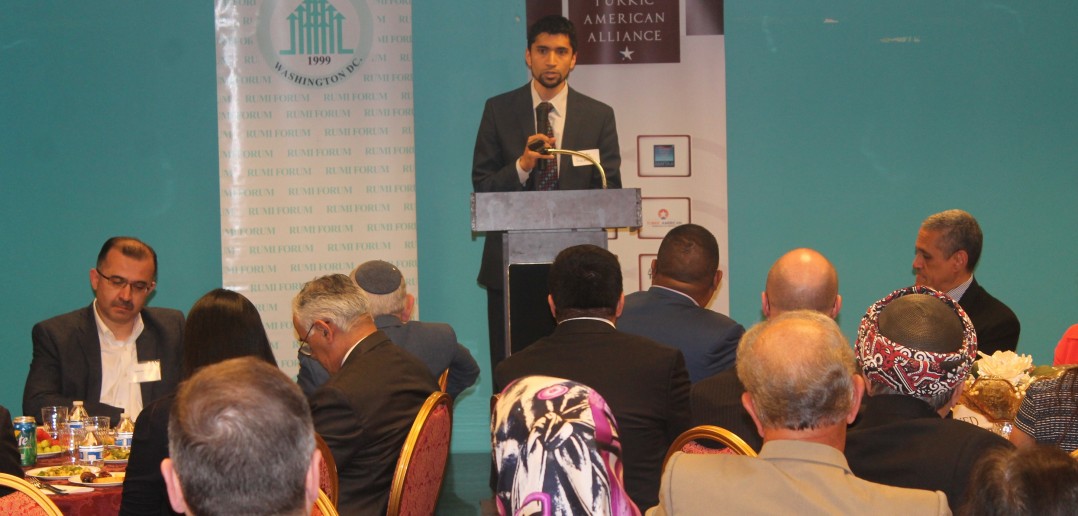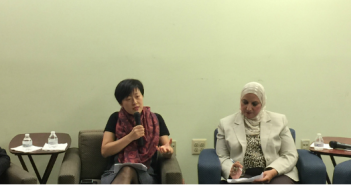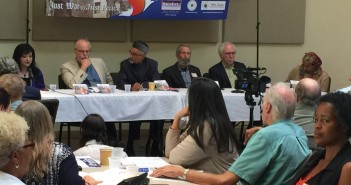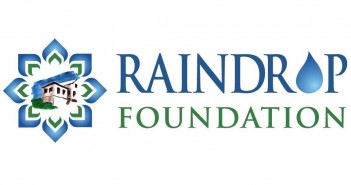June 9, 2016, Washington, D.C. – During this year’s annual Signature Ramadan Dinner hosted by Turkic American Alliance (TAA) and Rumi Forum, there were several distinguished speakers including, Acting U.S. Special Envoy to the Organization of Islamic Cooperation (OIC), Arsalan Suleman. Mr. Suleman’s remarks at the dinner were recently published on the U.S. State Department’s website. In his speech, Suleman honors the memory of boxing legend and civil, and religious rights icon Muhammad Ali, whom recently passed away on June 3, 2016 at age 74 due to complications with Parkinson’s disease, and talks of the importance of championing “civil society.”
According to the U.S. State Department website, as Acting U.S. Special Envoy to the OIC, Suleman engages with the OIC, OIC member countries and relevant civil society on key foreign policy issues and works to deepen and expand partnerships in areas of mutual interest, such as human rights, countering violent extremism, health, education, entrepreneurship, and science and technology.
His complete remarks can be found below:
“Assalamualaikum, and Ramadan Mubarak! I’d like to thank the Rumi Forum and the Turkic American Alliance (TAA) for hosting this lovely iftar dinner here at the TAA.
It’s a real blessing to be here with you all today. Ramadan is a time for reflection, for spiritual rejuvenation, for empathy and compassion, for charity, and for unity. We welcomed this Ramadan with heavy hearts, as our nation’s beloved Champion – the world’s Champion, the people’s Champion – Muhammad Ali, the Greatest, passed away from this world. Today was his janaza, or funeral prayer, in Louisville, Kentucky, and we join all those mourning his passing. And in this month of reflection, we have the opportunity to remember his example, how he confronted racism and injustice, how he fought for equality and religious freedom, and how he championed peace and reconciliation around the world. He was courageous, he was dignified, he inspired millions, he shook up the world.
Ali is not alone in the fight for justice, equality, and a better world for us all. At home and abroad, brave individuals and civil society organizations engage in this important work through advocacy, education, peaceful protest, humanitarian services, dialogue, charity, and civic and political engagement. They are the change-leaders, the backbone of society, the source of strength and resilience and innovation. They deserve our praise and our protection.
Here and abroad, the United States champions the role of civil society. Recognizing the vital role that civil society plays, we have made engagement with civil society a cornerstone of our foreign policy. We work bilaterally and multilaterally with other governments, as well as directly with civil society, to ensure that civil society has a safe, open, and enabling environment to operate, one in which the rights to freedom of association and of peaceful assembly are protected.
Unfortunately, in far too many parts of the world, governments are shrinking the space for civil society rather than expanding it. This was one of our top concerns highlighted in the 2015 Human Rights Report, released in April. Crackdowns on civil society often happen under the guise of fighting terrorism or countering extremism. We believe that societies become stronger and more vibrant by allowing expression from diverse voices within society. We work globally to ensure that such civil society organizations—regardless of their religious or political orientation, or the issues on which they work— have a safe, open, and enabling environment within which to operate, where their rights to freedom of association and of peaceful assembly are protected.
We do so because it is the right thing to do, and because societies that protect such human rights are more stable, democratic, resilient, and prosperous. We appreciate the work NGOs the world over do to promote interfaith and intercultural dialogue, because they enrich our cultural and religious diversity, and make the world a stronger and safer place.
So I’d like to thank the interfaith community for all the important work that you do. And thank you again for hosting us here today.”
The link to the article is here.
